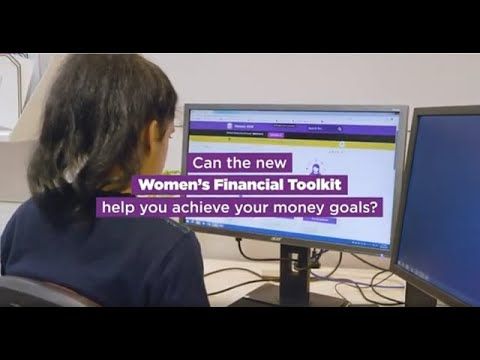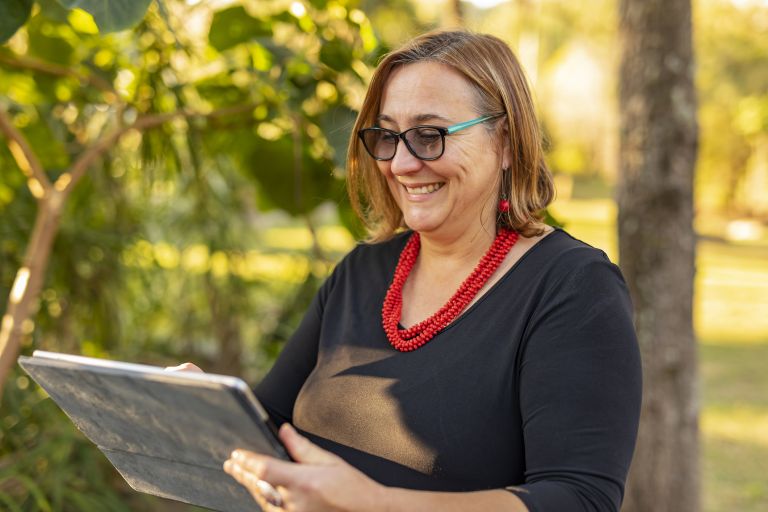We are living in incredibly challenging times adjusting to COVID-19, with many women facing economic uncertainty and insecurity. Knowledge is power – it has never been more important for all women across NSW to have access to resources to improve their financial wellbeing, whatever their personal circumstances.
Supporting economic wellbeing
The Women’s Financial Toolkit launched in 2020. It is an online portal available 24/7 for women to access free, confidential and reliable information to help improve their financial literacy. Online resources, toolkits and advice assist women with a range of support services to manage everyday finances, deal with unexpected life events and financial planning for future wellbeing.
Providing up-to-date information for women across all ages, circumstances or life stages can save time and frustration. The toolkit offers a range of information and advice including starting a new job or business, managing credit card debt, having a baby, saving for a house, planning for retirement, avoiding scams or dealing with financial hardship.
Securing financial futures
The Women’s Financial Toolkit fosters economic empowerment and advancement of women in NSW to be confident money managers and have secure financial futures. The toolkit is available on the Women NSW website.
Video

An introduction to the Women's Financial Toolkit
Quotes from the User Experience Testing Group Survey March 2021
Question: Did you find the Toolkit helpful?
“That was such an incredible source of information. I have been looking for a place to find unbiased financial advice and did not know where to start. Now I’m so excited to get to learning."
“Such useful information and I will be passing on the Toolkit to my daughters and nieces.”
